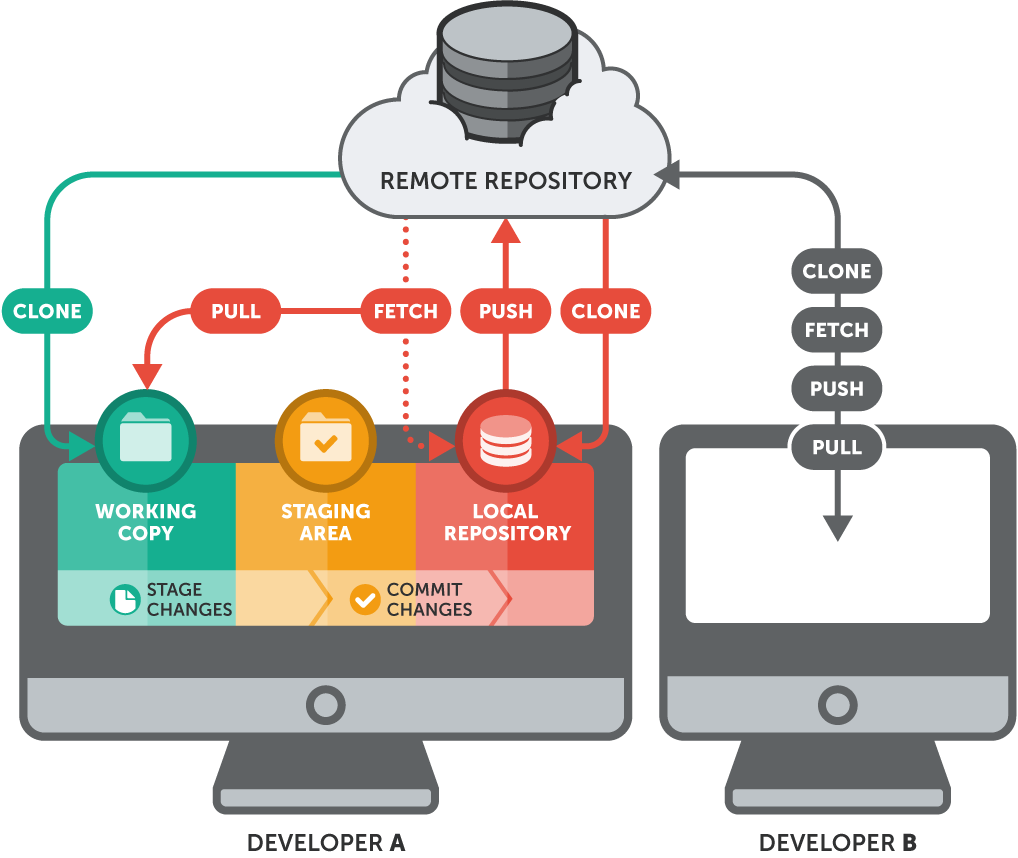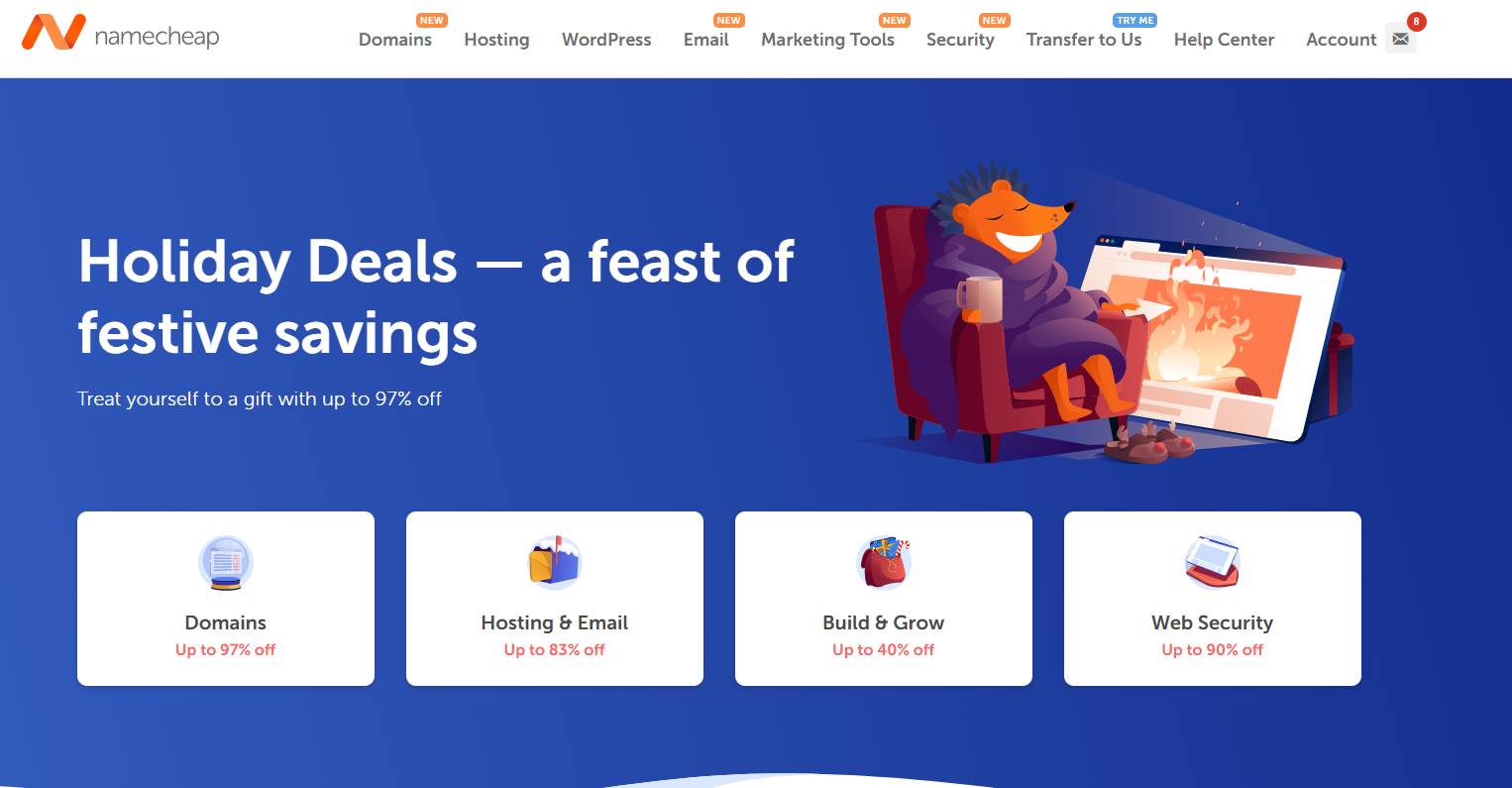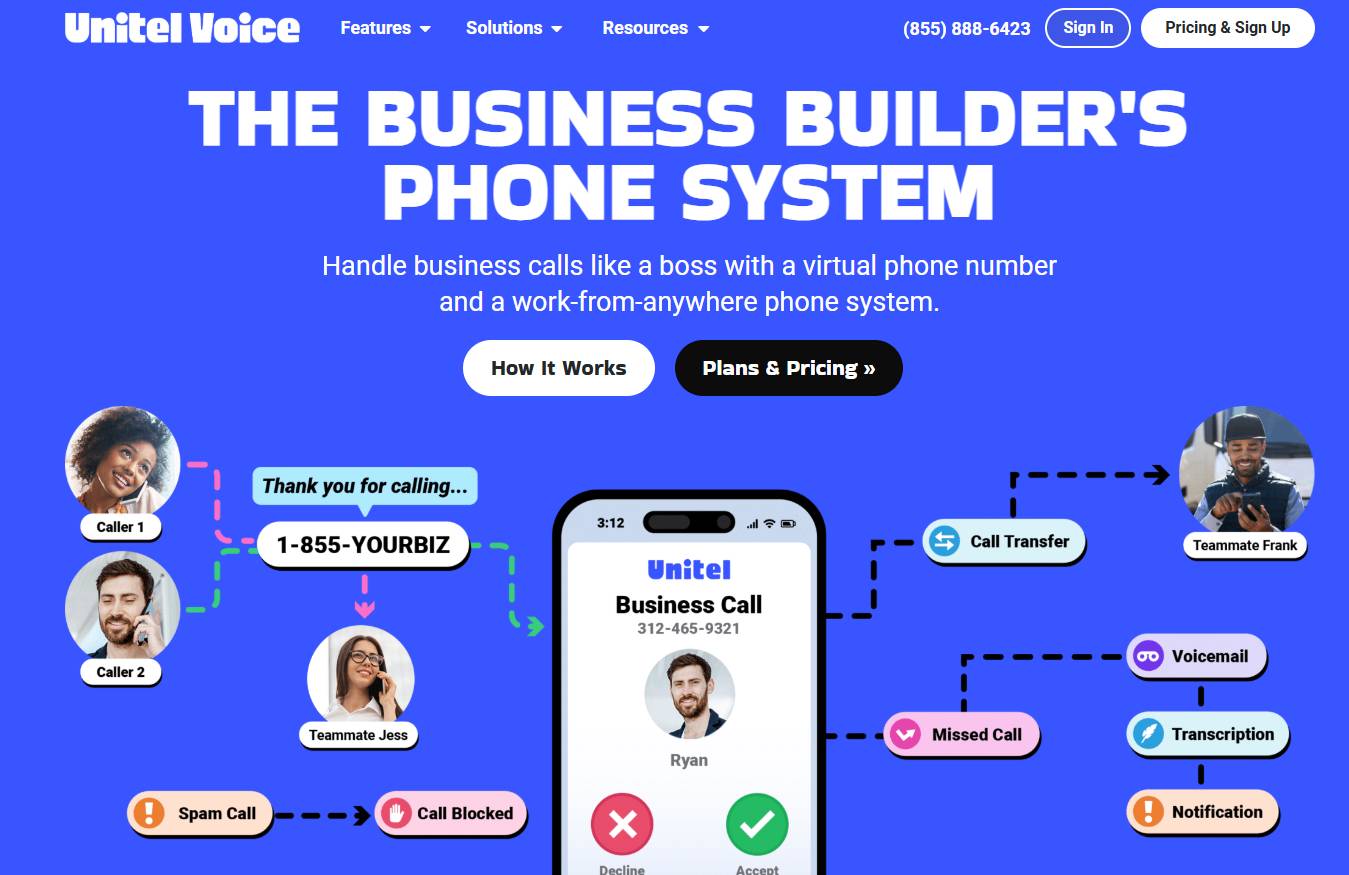
How Much Tech Giants Earn Per Second: A Look at the Top 10 Websites in the World
As a entrepreneur and agency aiming to create value for small businesses, I've often found inspiration in the successes of tech giants. We use their services daily—think of Google, Facebook, and Netflix—but have you ever wondered just how much they earn per second? How long did it take them to reach these heights, and what tech stacks do they rely on? Let’s dive into these impressive figures and uncover what makes these companies tick.
1. Amazon
Revenue per year: $575 billion (approximately $18,250 per second)
Founded by: Jeff Bezos
Year online: 1994
Business model: E-commerce, cloud computing, advertising
Earnings: Amazon’s income sources include online retail sales, cloud services (AWS), and advertising.
Tech stack: AWS, Java, Python, and Node.js
Trivia: Amazon’s revenue surged over $50 billion between 2023 and 2024 due to significant investments in technology and logistics, allowing for improved efficiency and faster delivery.
Challenges and future plans: Amazon continually faces scrutiny over labor practices but is focused on expanding its AWS offerings and enhancing its logistics network to further boost growth.
Value to customers: Amazon revolutionized shopping with convenience and vast product availability.
2. Google
Revenue per year: $182 billion (approximately $5,785.95 per second)
Founded by: Larry Page and Sergey Brin
Year online: 1998
Business model: Advertising, cloud computing
Earnings: Google primarily earns through Google Ads and its cloud services.
Tech stack: BigQuery, Google Cloud Platform, Java, and Go
Trivia: Google started in a garage and has grown to become one of the most valuable companies, with a valuation exceeding $2 trillion.
Challenges and future plans: Google faces regulatory challenges globally but aims to enhance its AI capabilities and expand its cloud services.
Value to customers: Google provides access to information and services that enhance productivity and connectivity.
3. Facebook
Revenue per year: $135 billion (approximately $4,273.50 per second)
Founded by: Mark Zuckerberg and co-founders
Year online: 2004
Business model: Advertising, user data
Earnings: Facebook generates income primarily through targeted advertising.
Tech stack: React, GraphQL, and PHP
Trivia: Facebook began in a college dorm room, showcasing the power of social networks to connect people globally.
Challenges and future plans: Facebook is dealing with privacy concerns but continues to expand its advertising platform and user engagement tools.
Value to customers: Facebook connects users and provides a platform for businesses to reach targeted audiences.
4. JD.com
Revenue per year: $114 billion (approximately $3,615.92 per second)
Founded by: Liu Qiangdong (Richard Liu)
Year online: 1998
Business model: E-commerce
Earnings: JD.com profits from a vast range of products and a sophisticated logistics network.
Tech stack: Java, Python, and Node.js
Trivia: JD.com is known for its commitment to quality, operating its own logistics and warehousing.
Challenges and future plans: JD.com faces competition from Alibaba but plans to innovate in logistics and expand internationally.
Value to customers: JD.com ensures product authenticity and fast delivery, enhancing the online shopping experience.
5. Alibaba
Revenue per year: $72 billion (approximately $2,280.70 per second)
Founded by: Jack Ma
Year online: 1999
Business model: E-commerce, cloud computing
Earnings: Alibaba earns through retail and wholesale e-commerce, cloud computing, and digital media.
Tech stack: Java, PHP, and MySQL
Trivia: Alibaba's Singles' Day is the largest online shopping event globally, eclipsing Black Friday and Cyber Monday combined.
Challenges and future plans: Alibaba is navigating regulatory challenges in China while expanding its global footprint.
Value to customers: Alibaba provides a platform for small businesses to reach global markets easily.
6. Tencent
Revenue per year: $66 billion (approximately $2,092.84 per second)
Founded by: Ma Huateng
Year online: 1998
Business model: Gaming, social networking, and advertising
Earnings: Tencent's major income streams are from gaming and its social media platform, WeChat.
Tech stack: C++, Java, and Python
Trivia: Tencent owns WeChat, which combines social networking, messaging, and payment services, making it an essential app in China.
Challenges and future plans: Tencent faces increasing competition in the gaming sector but is focusing on expanding its international presence and diversifying services.
Value to customers: Tencent offers a comprehensive suite of digital services, enhancing user connectivity and entertainment.
7. eBay
Revenue per year: $59 billion (approximately $1,870.00 per second)
Founded by: Pierre Omidyar
Year online: 1995
Business model: E-commerce
Earnings: eBay generates income through listing fees and commissions on sales.
Tech stack: Java, PHP, and MySQL
Trivia: eBay started as an auction site for collectibles and has grown into a global marketplace.
Challenges and future plans: eBay faces competition from other e-commerce platforms but plans to enhance its mobile experience and seller tools.
Value to customers: eBay provides a platform for consumers to buy and sell unique items worldwide.
8. PayPal
Revenue per year: $30 billion (approximately $951.32 per second)**
Founded by: Peter Thiel and others
Year online: 1998
Business model: Online payment services
Earnings: PayPal earns through transaction fees and interest on deposits.
Tech stack: Java, C++, and JavaScript
Trivia: PayPal revolutionized online payments and has expanded to include buy-now-pay-later services.
Challenges and future plans: PayPal faces competition from new fintech players but is focusing on expanding its services to include cryptocurrency.
Value to customers: PayPal offers a secure way to send and receive money online, enhancing financial transactions for consumers and businesses.
9. Booking.com
Revenue per year: $21.3 billion (approximately $674.25 per second)
Founded by: Geert-Jan Bruinsma
Year online: 1996
Business model: Online travel agency
Earnings: Booking.com profits from hotel and travel bookings, taking commissions from service providers.
Tech stack: Java, Python, and Ruby
Trivia: Booking.com started as a small Dutch startup and has grown to become one of the world’s leading travel sites.
Challenges and future plans: Booking.com faces intense competition but aims to enhance user experience through AI-driven recommendations.
Value to customers: Booking.com provides travelers with extensive options and price comparisons for accommodation and travel services.
10. Salesforce
Revenue per year: $21 billion (approximately $665.78 per second)
Founded by: Marc Benioff and Parker Harris
Year online: 1999
Business model: Customer relationship management (CRM)
Earnings: Salesforce primarily earns through subscription fees for its CRM solutions.
Tech stack: Ruby on Rails, Java, and Apex
Trivia: Salesforce is a pioneer of cloud-based software and has grown rapidly through acquisitions, including Slack.
Challenges and future plans: Salesforce continues to innovate in the CRM space, focusing on AI and data analytics to enhance customer experiences.
Value to customers: Salesforce provides businesses with tools to manage customer relationships and drive sales effectively.

While money isn’t everything, it’s fascinating to see the staggering figures that these tech giants generate. In reality, having financial resources can likely solve 99.99% of your problems! What we can take away from their success is the importance of harnessing data effectively, creating real value for customers, and ensuring scalability in our endeavors.
One of the first steps in scaling your business is establishing a strong online presence through a well-designed website. A website serves as your brand's digital identity, showcasing what you offer and how you add value to your customers. It’s not just about aesthetics; it’s about functionality and user experience, which can greatly impact your growth trajectory.
If you're looking to take your first steps in building your brand and identity online, I'm here to help! Let’s connect and explore how we can turn your vision into reality.

















